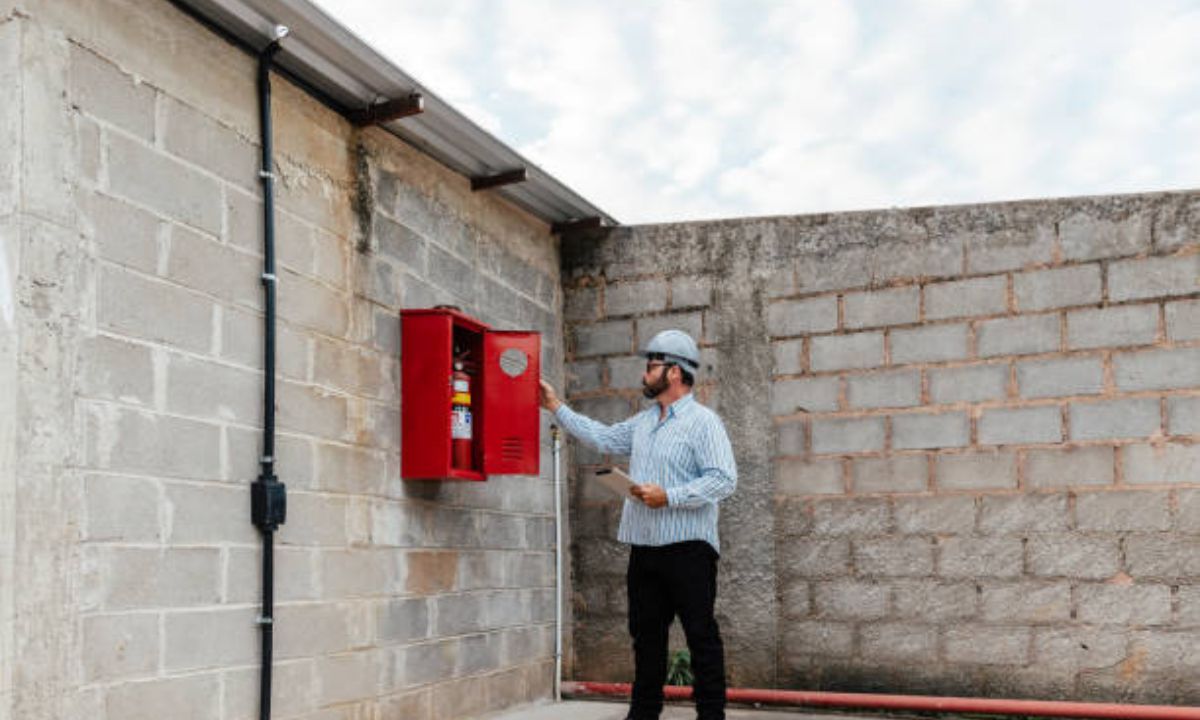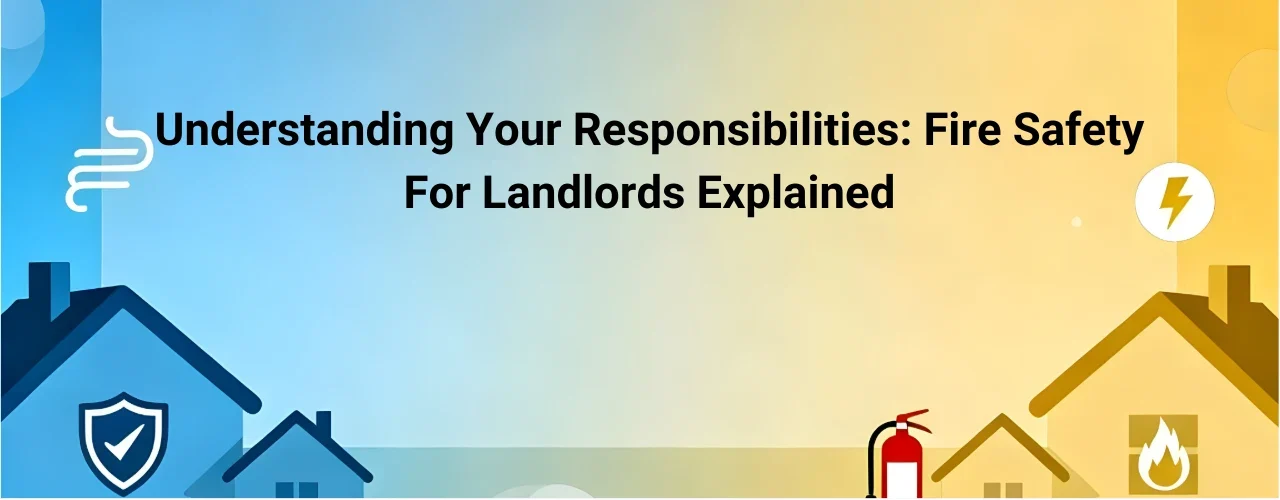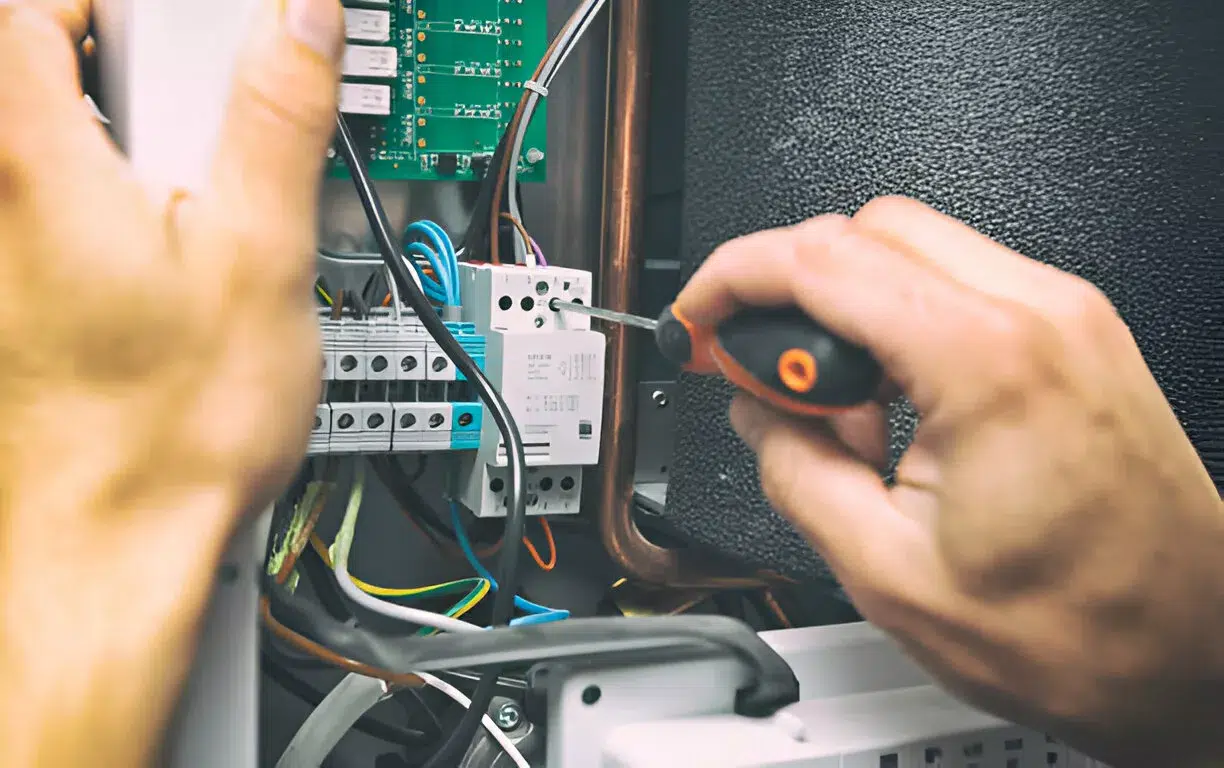
Top 10 Fire Risk Assessment Companies in London
As a landlord or property manager, ensuring fire safety is not just a responsibility but a legal obligation. Here at

Fire safety for landlords carries serious importance in society. In England, among 600, 185 incidents attended by FRSs in 2024, there were 136,702 fires -a decrease of 3.9% compared with the previous year (142,312). Such reduction of fire disaster could happen only due to the serious practice of fire safety regulations and responsibilities. Therefore as a responsible landlord, it’s your responsibility to understand the essential fire safety rules and regulations in order to fulfil them accordingly. It’s your responsibility to ensure the well-being of your tenants and protect their investments.
This blog will provide you with comprehensive fire safety guidance which is specifically tailored for landlords in London. You will learn legal obligations and best practices for ensuring fire safety in the rental properties, HMOs, care home, etc,. along with other essential relevant subjects. Keep reading to learn and implement necessary safety measures.
Table of Content
Landlords need to understand the key rules and steps to keep their rental properties electrically safe. The main requirements are:
A landlord in Hastings was fined £10,000 for not providing a valid electrical safety certificate. If landlords do not follow electrical safety properly, they face:
Non-compliance can affect insurance, cause civil liability, or lead to criminal charges.
Get Your Fire Safety Certificate from All Landlord Certificates today. Our Qualified Assesors Ensure Your Property Meets All Legal Fire Safety Standard.
Frequently Asked Questions (FAQ) - ALC
Both landlords and tenants have a role. Landlords must check smoke alarms, fire doors, and escape routes. Tenants must keep exits clear, use things safely, and tell landlords about any fire safety problems.
Fire safety knowledge helps keep people safe. It teaches how to stop fires from starting and what to do if a fire happens. It can save lives and protect homes from damage. Landlords and tenants both need to understand fire safety to keep the property safe.
Beyond meeting legal requirements, consider implementing additional safety measures like installing fire doors, providing fire safety training for tenants, and ensuring all electrical and gas appliances are regularly serviced
Regularly check official resources like the Gov.uk or Alllandlordcertificates.co.uk website and consult with local authorities or professional bodies to stay informed about any changes in fire safety laws.
Beyond meeting legal requirements, consider implementing additional safety measures like installing fire doors, providing fire safety training for tenants, and ensuring all electrical and gas appliances are regularly serviced.

As a landlord or property manager, ensuring fire safety is not just a responsibility but a legal obligation. Here at

The fixed wire safety of a property is checked, and the findings are documented in an Electrical Installation Condition Report